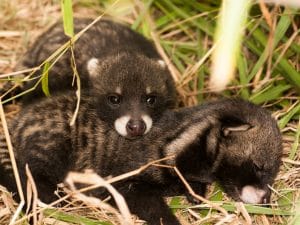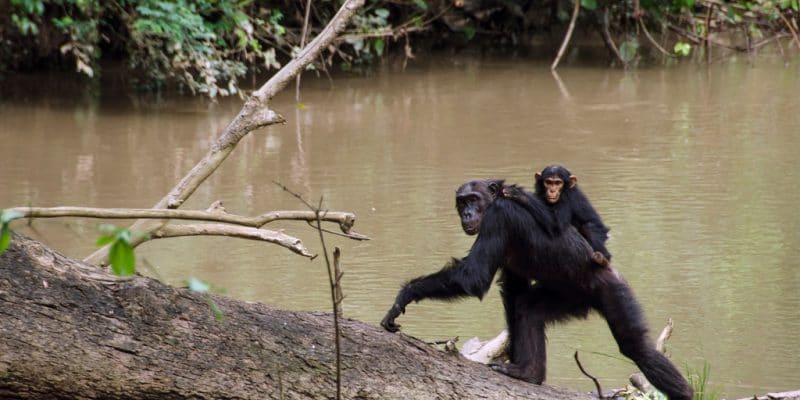In Rwanda, the government wants to increase the share of tourism in the gross domestic product (GDP) by $800 million by 2024. To achieve this goal, the authorities of this East African country plan to open the Gishwati-Mukura National Park to the public from December 2020. The biodiversity conservation area located in the Western Province was designated a "biosphere reserve" by the United Nations Educational, Scientific and Cultural Organization (UNESCO) on October 28th, 2020.
This is news that should appeal to operators in the ecotourism sector. The government of Rwanda recently announced that it will open the Gishwati-Mukura National Park, located in the northwest of the country (near Lake Kivu) to tourists from December 2020. According to the Rwandan authorities, this decision was motivated by the nomination of this park as a “biosphere reserve” by UNESCO (United Nations Educational, Scientific and Cultural Organisation) on October 28th, 2020.
By opening the doors of the Gishwati-Mukura National Park to tourists, Rwanda hopes to make up for part of the losses due to the closure (several months) of public spaces because of the Covid.19 “A study for the management of the park and the promotion of tourism has been carried out. It shows that the animal species present in Gishwati-Mukura Park could attract tourists,” says Ariella Kageruka, the head of the department of tourism and conservation at the Rwanda Development Board (RDB). The government’s ambition is clearly to double its annual tourism revenue to reach $800 million by 2024. Tourism revenues amounted to US$438 million in 2017, according to the RDB.
A park with many assets

African civets resting in a park ©I Wayan Sumatika/Shutterstock
The Gishwati-Mukura National Park consists of two natural forests, namely Gishwati Forest and Mukura Forest. The natural area covers 35.58 km² in the districts of Rutsiro and Ngororero. From December 2020, tourists will have the opportunity to see oriental chimpanzees, mountain and golden monkeys, servals, genets, civets and small mammals. Nature lovers will have the opportunity to admire a wide variety of birds (more than 120 species, including the black and white vulture, golden eagle), amphibians, reptiles and plants (250 species) of Gishwati-Mukura.
Inès Magoum








You must be logged in to post a comment.